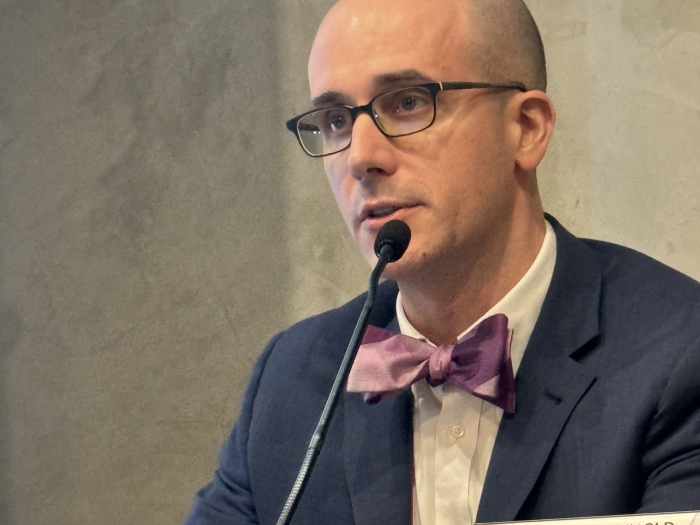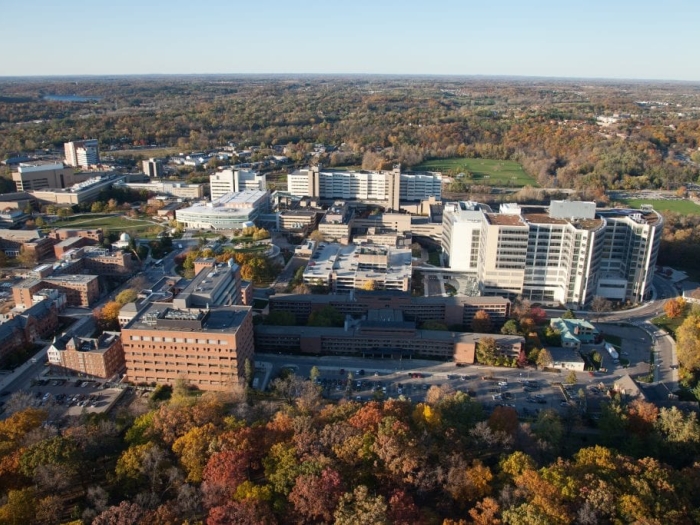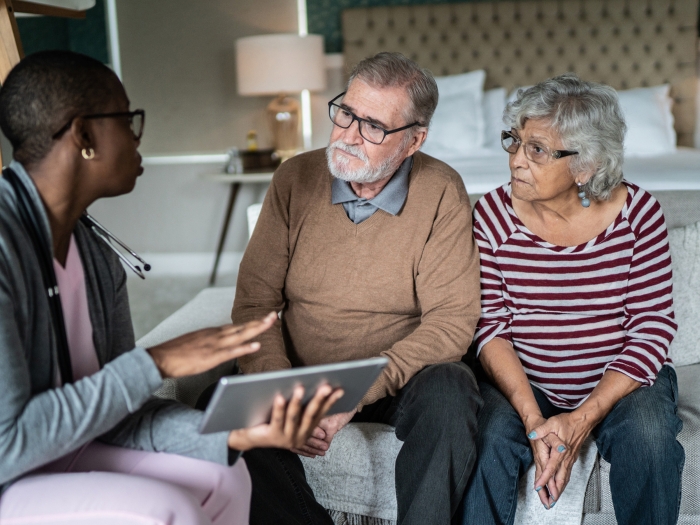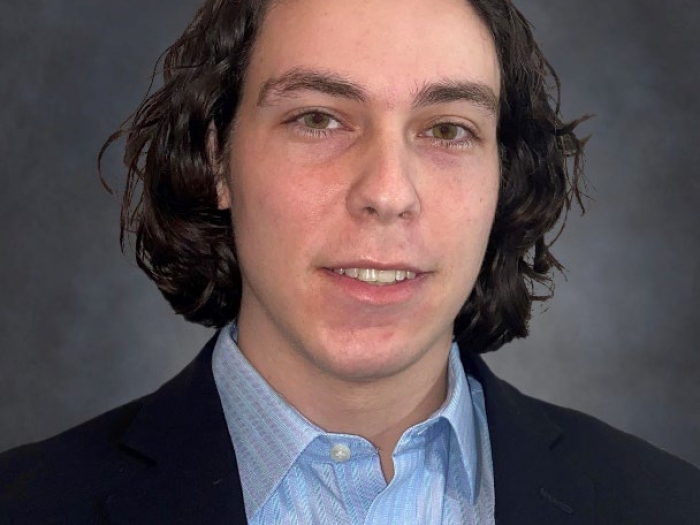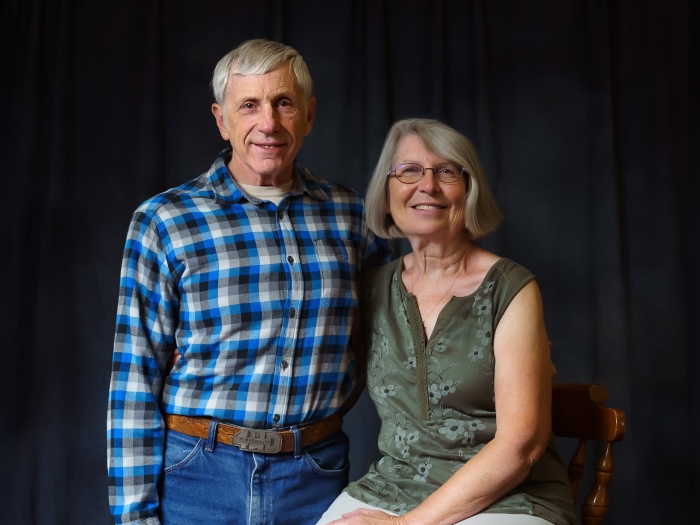Implied in the title of "apprentice" is the expectation that you will develop an intimate relationship with an expert who provides instruction and guidance. It was this implication that drew me to the longitudinal apprenticeship program at UMMS. I am a fourth-year medical student aspiring to be a vascular surgeon and, having not rotated through vascular surgery during my surgery clerkship, I was determined to find a way to develop relationships within the department. Obviously, research opportunities and sub-internships provide channels for making yourself known within a department, but I found that my experience in the longitudinal apprenticeship program lead to research opportunities and allowed me to develop rapport with faculty prior to beginning a sub-internship.
The school's first apprenticeship program, called Longitudinal Clinic, was designed for the Patients and Populations Branch. This was the first year it was expanded to students in all of the Branches including my Procedure-Based Care Branch. As a pilot program, it was not quite perfect yet, but it was perfect for providing something of an introduction into a department as well as developing a relationship with a mentor. The first time I worked with my mentor, a vascular surgeon at Michigan Medicine, I was the only medical student present for a case and was able to participate in operative tasks that are somewhat rare for a medical student. Afterwards, the attending walked with me to chat for a bit and then walked around the department with me to introduce me to other faculty. To be trusted with increased responsibility in the OR and have an attending physician actively take an interest in my career goals was an incredibly rewarding experience.
The advice I would give to anyone considering a longitudinal apprenticeship would be, without a doubt, to take advantage of it. However, I do think I benefited from this experience in large part because I had already determined what I wanted to do with my medical career and could focus all of my efforts into participating in opportunities within the department and developing a relationship with a mentor. One could argue, however, that this program will also provide in-depth exposure to a particular field of medicine for students uncertain of what career they would like to pursue. Regardless, I found this program to be phenomenal and it provided the perfect opportunity to develop a relationship with a mentor capable of helping me pursue my career goals.
University of Michigan Medical School
Want top health & research news weekly? Sign up for Health Lab’s newsletters today!
